Lit. “The place of prostration? The mosque, or place of public prayer. Mosques are generally built of stone or brick, in the form of a square, in the centre of which is an open court-yard, surrounded with cloisters for students. In the centre of the wall facing Makkah is the mihrab, or niche, which marks the direction of the Ka’bah at Makkah, and to the right of this niche is the mimbar or pulpit, from which the khatbah, or Friday oration, is recited. In the centre of the open courtyard there is usually a large tank, in which the worshippers perform their ablutions (wazu’), and adjoining the mosque are latrines, in which the legal washings (ghusl) can be performed. Along the front within the, doorway is a low barrier, a few inches high, which denotes the sacred part of the mosque.
The mosques in India and Central Asia are generally constructed on the following plan:-
The mosques in Turkey, Syria and Egypt are often covered buildings, not unlike Christian churches.
The first mosque erected by Muhammad was at Quba’, near al-Madinah. It was without cupola niche, or minaret, these. being added by at Walid about eighty years afterwards, nor were there arches supported by pillars, nor cloisters. An ordinary mosque in an Afghan village is still of this description.
The Muslim as he enters the mosque steps at the barrier and takes off his shoes, carries them in his left hand, sole to sole, and puts his right foot first as he passes into the square devoted to prayer. If he have not previously performed the ablution, he repairs
at once to the tank or well to perform the necessary duty, and before he commences his prayers he places his shoes and his sword and pistol, if he be thus armed; a little before the spot where his head will touch the ground as he prostrates; his shoes must be put one upon the other, sole to sole.
The chief officer of a mosque is the Imam, or leader of prayers, but there are generally Maulawis, or learned men, attached to mosques for the instruction of the students. Sometimes the Imam and Maulawi are combined in one, and sometimes a learned Maulawi will possess the mosque, but pay an Imam as his curate to say the stated prayer. There is also a Mu’azzin, or “caller to prayer,” whose duty it is to give the Azan. The trustee or superintendent of a mosque is called mutawali.
Although mosques are esteemed sacred buildings, they are also places of general resort, and persons may be seen in them lounging and chattering together on secular topics, and eating and sleeping, although such things were forbidden by Muhammad. They are, in all parts of Islam, used as rest-houses for strangers and travellers.
The Imam, or priest, of the mosque, is supported by endowments, or offerings, the Maulawis, or professors of divinity by fees, or offerings, and the students of a mosque are supported either by endowments or the benefactions of the people. In towns and villages there is a parish allotted to each mosque, and the people within the section of the parish claim the services of the Imam at their marriages and funerals, and they pay to him the usual offerings made on the two festivals.
In a large mosque, known as the Masjidu ‘l-Jami’, where the khutbah, or Friday oration is delivered, a person known as the khatib (also khatib), or preacher, is appointed. whose duty it is to lead the Friday prayer and to preach the sermon.
Muhammad did not forbid women to attend public prayers in a mosque, but it pronounced better for thorn to pray in private.
The following injunctions are given in the Qur’an regarding mosques:-
Surah vii. 29: “O children of Adam! Wear your goodly apparel when ye repair to any mosque.”
Surah ix. 18: “He only should visit the Masjids of God who believeth in God and the last day, and observeth prayer, and payeth the legal alms, and dreadeth none but God.
Muhammad’s injunctions regarding mosques, as handed down in the Traditions, are as follows:-
“When you enter a Masjid, you must say, ‘O Creator! open on us the doors of Thy compassion’; and when you leave the Masjid, say. ‘O Lord! we supplicate thy munificence.'”
“It is a sin to spit in a Masjid, and the removal of the sin is to cover it over.”
“Whoever shall enter a Masjid, let him enter it for a good object, namely, to learn something himself or so teach others. For he ranks as an equal with him who fights in the cause of God, who thus enters a Masjid; but he who enters a Masjld on any other account, is like unto a man who covets the property of another. Verily, a time will come when men will attend to worldly matters in a Masjid. But sit ye not with such.”
“Do not prevent your women from coming to the Masjids, but their homes are better for them.”
Do not read poetry in Masjid, and do not buy and sell there, nor sit in a circle talking before prayers on a Friday.”
“The prayers of a man in his own house are equal to the reward of one prayer, but prayers in a Masjid near his home are equal to twenty-five prayers, and in a Jami’ (or central mosque), they are equal to five hundred prayers, and in Jerusalem to fifty thousand, and in my Masjid (at al-Madinah) fifty thousand, and at the Ka’bah, one hundred thousand.”
The Muslim law regarding the erection and endowment (waqf) of Masjids, is contained in
Sunni and Shi’ah works, is as follows According to the Sunnis:-
When a person has erected a Masjid, his right therein does not cease until in has separated both the area occupied by the Masjid and also the road and entrance thereunto from his own private property.
If a person build a Masjid, his right of property in it does not cease at, tong as he does not separate it from his private property, and give general permission to the people to come and worship in it. But as soon as he separates it from his property and allows even a single person to say his prayers in is, his rights to the property devoted to God as a mosque ceases.
When a trustee or superintendent (mutawalli) has been appointed in a Masjid and delivery of the property has been made to him the Masjid ceases to be private pro perty. So also, when delivery of it is made to the Qazi, or his deputy.
If a person appropriate ground for the purpose of erecting a Masjid, he cannot afterwards resume or sell it, neither can it be claimed by his heirs and inherited, because this ground is altogether alienated from the right of the individual, and appertains solely to God..
When a man has an unoccupied space of ground fit for building upon, and has directed a body of persons to assemble on it for prayers, the space becomes a Masjid, if the permission were given expressly to pray on it for ever; or, in absolute torsos, intending that it should be for ever; anti the property does not go to his heirs at his death. But if the permission were given for a day, or a month, or a year, the space would not become a Masjid, and on his death it would be the property of his heirs.
If a man during his sickness has made his own house a Masjid, and died, and it neither falls within a third of his property nor is allowed by his heirs, the whole of it is heritage, and the act of making it a Masjid is void, because, the heirs having ii right in it, there has been no separation from the rights of mankind, and an undefined portion has been made a Masjid, which is void. In the same way as if he should make his land a Masjid, and another person should establish an undefined right, in which case the remainder would revert to the property of the appropriator; contrary to the case of a person making a bequest that a third of his residence shall be made a Masjid, which would be valid; for in such a case there is a separation as the house may be divided and a third of it converted into a Masjid. (A third of a man’s property being the extent to which be can bequeath to other than his heirs.)
When a man has made his land a Masjid, and stipulated for something out of it for himself, it Is not valid, according to all the jurists.
It is also generally agreed that if a man makes a Masjid on condition that he shall have an option, the waqf is lawful and the condition is void.
When a man has built a Masjid and called persons to witness that he shall have the power to cancel and sell, it, the condition is void, and the Masjid is as if he had erected a Masjid for the people of the street, saying. “It is for this street especially,” when it would, notwithstanding, be for others as well as for them to worship in.
When a Masjid has fallen into decay and is no longer used for prayers, nor required by the people, it does not revert to the appropriator or his heirs, and cannot be sold ccording to the most correct opinions.
When of two Masjids one is old and gone to decay the people cannot use its materials to repair the more recent one, according to either the Imam Muhammad or Imam Abu Yusuf. Because though the former thought that the materials may be so supplied, he held that it is the original appropriator or his
heirs, to whom the property reverts, that can so apply them, and because Abu Yusuf was of opinion that the property in a Masjid never resorts to the original appropriator though it should fall to ruin and be no longer used by the people.
If a man appropriate his land for the benefit of a Masjid, and to provide for Its repairs and necessaries, such as oil &c., and when nothing more is required for the Masjid, to apply what remains to poor Muslims the appropriation is lawful.
If a man has appropriated his land for the benefit of a Masjid, without any ultimate destination for the poor, the appropriation is lawful, according to all opinions.
If a man gives money for the repairs of a Masjid, also for its maintenance a and for its benefit, it is valid. For if it cannot operate as a waqf, it operates as a transfer by way of gift to the Masjid, and the establishing of property in this manner to a Masjid is valid, being completed by taking possession.
If a person should say, “I have bequeathed a third of my property to the Masjid,” it would not be lawful, unless he says “to expend on the Masjid.” So if he were to say, “I have bequeathed a third of my property to the lamps of the Masjid,” it would not be lawful unless he say, “to give light with it in the Masjid.” If he say, “I have given my house for a Masjid, it is valid as a transfer, requiring delivery. (Fatdwa-i-‘Alamgiri, vol. ii. p. 545; Hidayah, vol ii p. 356; Baillie’s Digest, pp. 504-405.)
The Shi’ah law regarding the endowment of Masjids, or land for the benefit of Masjids, does not differ in any important particular from that of the Sunnis. But there is a provision in the Shi’ah law regarding the sale of an endowment which is important.
If dissensions arise among the persons in whose favour the waqf is made, and there is apprehension of the property being destroyed, while on the other hand the sale thereof is productive of benefit, then, in that case, its sale is lawful.
If a house belonging to a waqf should fail into ruins, the space would not cease to be waqf, nor would its sale be lawful. If, however, discursions should arise among the persons for whom it was appropriated, insomuch as to give room (or apprehension that it will be destroyed, its sate would be lawful.
And even if there should be no such difference, nor any room for such apprehensions, but the sale would be more for the advantage of the parties interested, some are of opinion that the sale would be lawful; but the approved doctrine is to forbid it. (Mafatih; Shara I ‘u Islam, p. 239.)
Based on Hughes, Dictionary of Islam

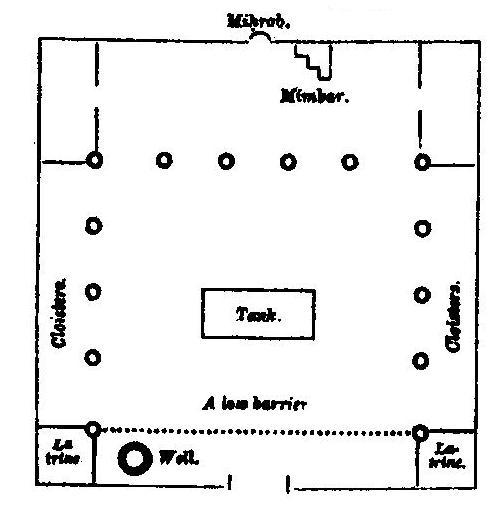
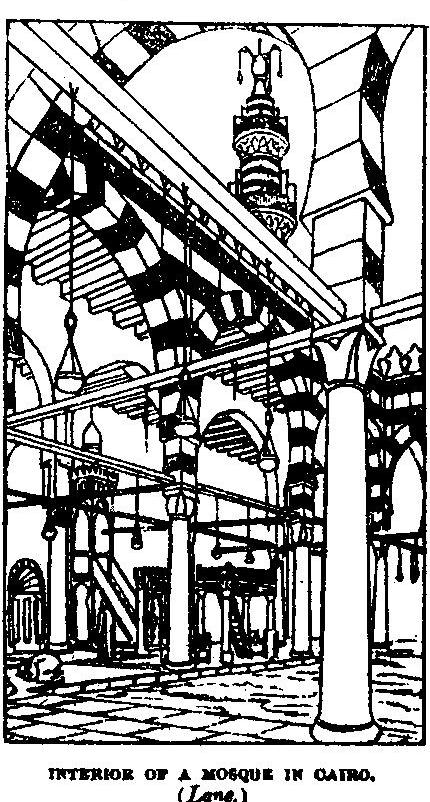
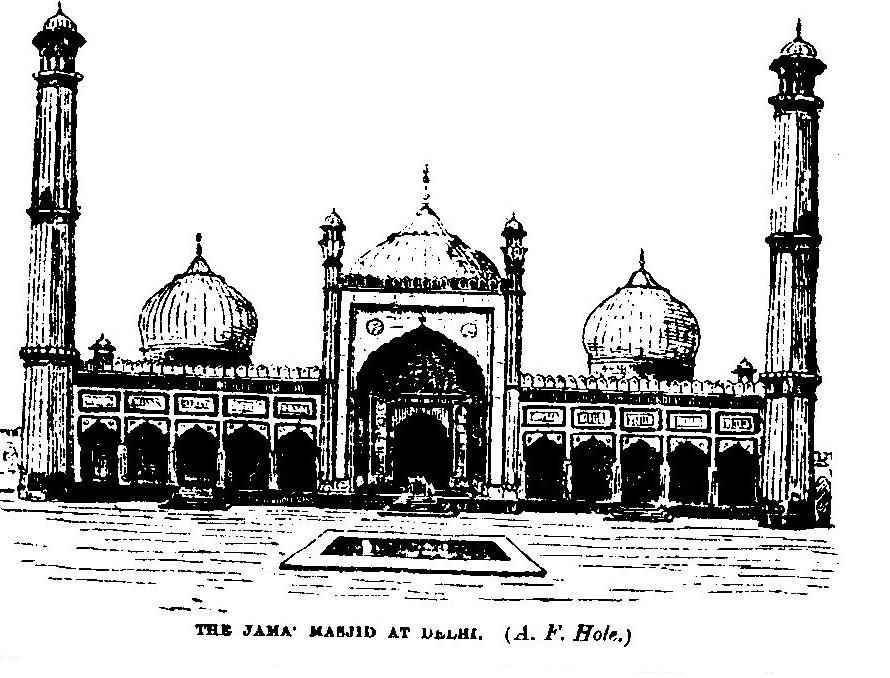
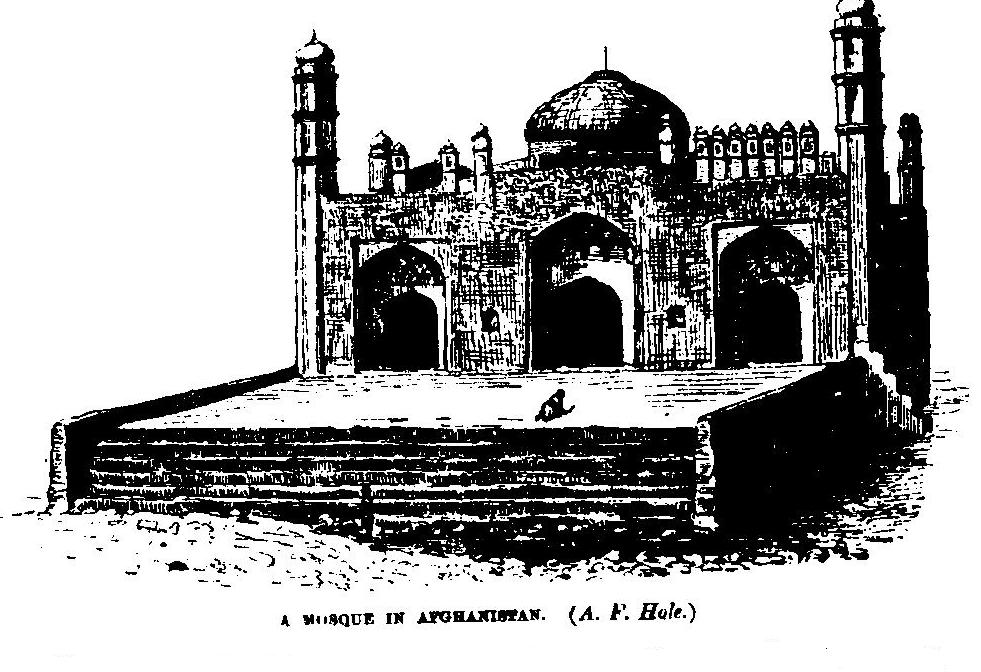
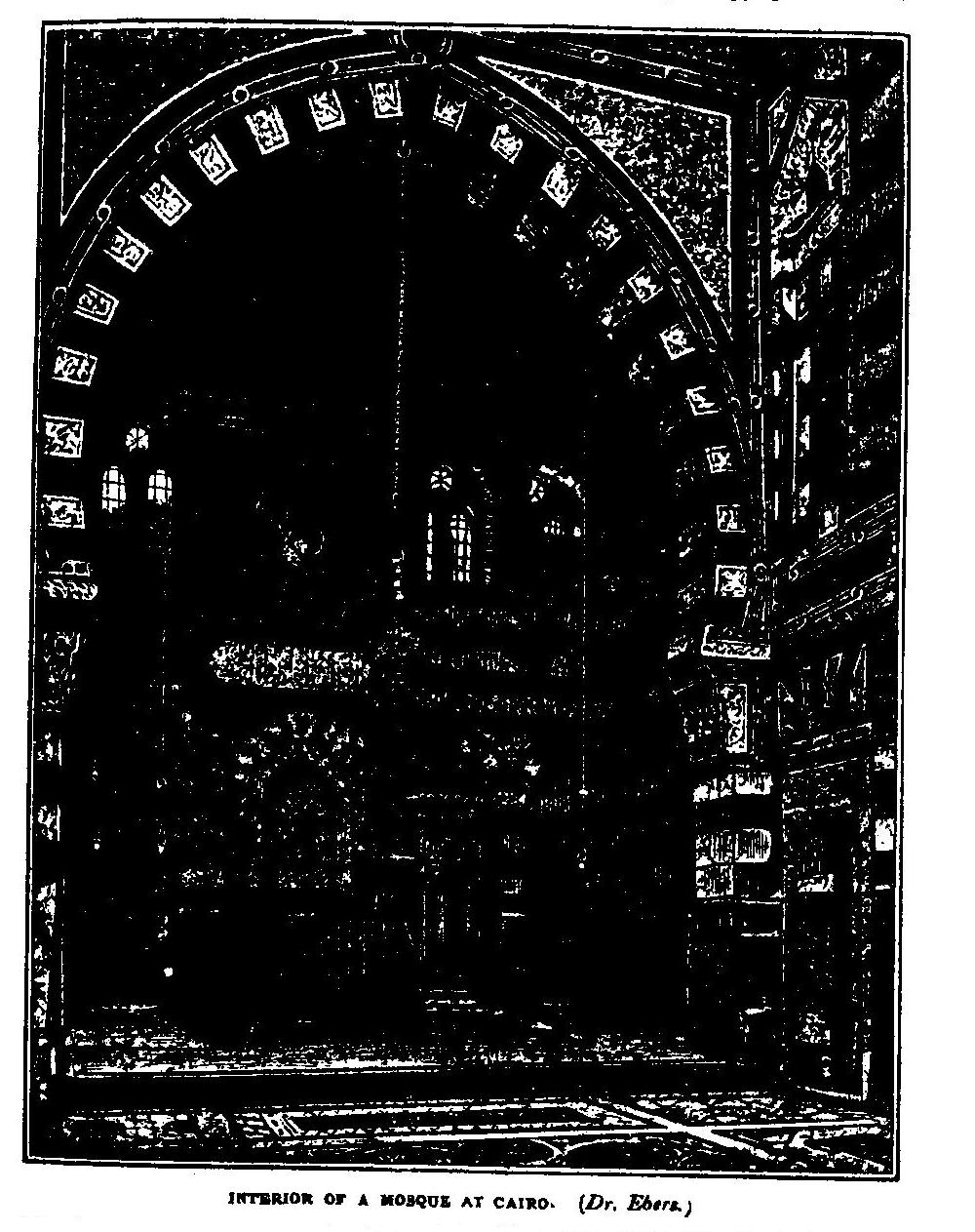
 © 2025 All Rights Reserved
© 2025 All Rights Reserved